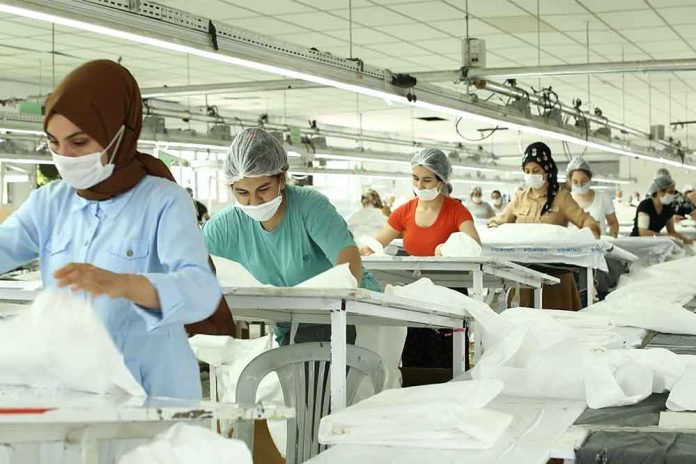The government of Türkiye has announced a 30% increase in the minimum monthly wage for the year 2025, signaling its commitment to improving the living standards of workers amid rising inflation and economic pressures. The move is aimed at addressing the growing cost of living and providing financial relief to the workforce, particularly in the industrial and manufacturing sectors, which are critical to the country’s economy.
The new wage increase is expected to directly benefit millions of workers across various sectors, including textiles, manufacturing, and services, as the government seeks to balance the need for economic growth with social welfare.
This decision comes at a time when Türkiye is navigating both domestic economic challenges and global inflationary pressures, with the new wage structure designed to provide greater purchasing power to workers.
President Recep Tayyip Erdoğan emphasized that the wage hike reflects the government’s focus on enhancing the wellbeing of Turkish citizens, particularly those in lower-income brackets. The new wage policy is also seen as a measure to help maintain social stability and boost domestic consumption in key industries, such as textiles, which play a crucial role in the Turkish economy.
With Türkiye being a major player in the global textile industry, the wage increase could have significant implications for the sector.
As the textile industry relies heavily on a skilled and affordable labor force, this adjustment may lead to higher labor costs for manufacturers. However, it is expected to foster a more sustainable economic environment for workers, which could enhance productivity and contribute to long-term stability in the labor market.



